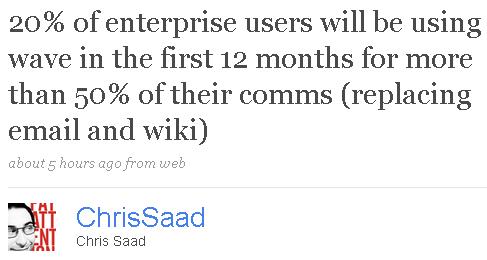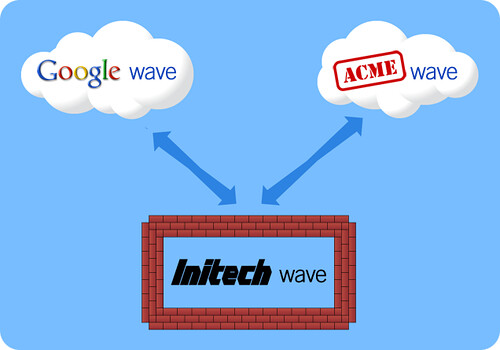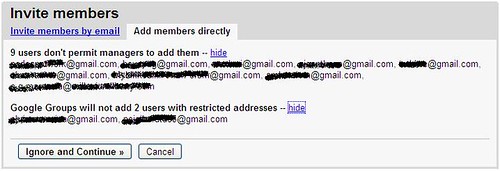 Facebook announced today that they became cash-flow positive in the last quarter. This is a big deal, and should be looked at in the broader context of the Internet’s development and the economy’s resurgence.
Facebook announced today that they became cash-flow positive in the last quarter. This is a big deal, and should be looked at in the broader context of the Internet’s development and the economy’s resurgence.
The difference between a start-up and a growth company
There are four stages in the life-cycle of a business: start-up, growth, maturity, and decline.
In tech, we tend to obsess over the “start-up” – a culture that idolises small, nimble teams innovating every day. Bu there is a natural consequence of getting better, bigger, and more dominant in a market – you become a big company. And big company’s can do a lot more (and less) than when they could as startup’s.
Without going too much into the difference between the cycles, it’s worth mentioning that a functional definition to differentiate a “startup” business from a “growth” business is its financial performance. Meaning, a startup can be one who has revenues and expenses – but the revenues don’t tend to cover the operating costs of a business. A growth business on the other hand, is experiencing the same craziness of a start-up – but is now self-supporting because its revenues can over its costs.
This makes a big difference in a company, lest of all longer term sustainability. When a business is cashflow negative, it risks going bankrupt and management’s attention can be distracted by attempts to raise money. But at least now with Facebook finally going cash-flow positive, it has one less thing to worry about and can now grow with a focus less on survival and more on dominance.

Looking at history
Several years after the Dot Com bubble, I remember reading an article by a switched on journalist. He was talking about the sudden growth of Google, and how Google could potentially bring the tech industry back from the ashes. He was right.
Google has created a lot of innovative products, but its existence has had two very important impacts on the Internet’s development.
First of all, there was adsense – a innovative new concept in advertising that millions of websites around the world could participate in. Google provided the web a new revenue model that has supported millions of content creators, utility providers, and marketplaces powered by the Internet.
Secondly, Google created a new exit model. Startup’s now had a new hungry acquisition machine, giving startups more opportunities to get funded as Venture Capitalists no longer relied on an IPO to make their money – which had now been effectively killed thanks to the over-engineered requirements of Sarbanes Oxley.
Why Facebook going cashflow positive is a big deal
Facebook is doing what Google did, and it’s money and innovation will drive the industry to a new level. Better still, its long been regarded that technology is what helps economies achieve growth again, and so the growth of Facebook will not only see a rebuilding of the web economy but also of the American one. The multiplier effect of Facebook funding the ecosystem will be huge.
And just like Google, Facebook will likely be pioneering a new breed of advertising network that benefits the entire Internet. And even if it fails in doing that, its cash will at least fund the next hype cycle of the web.
So mark this day as when the nuclear winter has ended – it’s spring time boys and girls. We my not have a word like Web2.0 to describe the current state of the Internets evolution, but whatever its called, that era has now begun.









